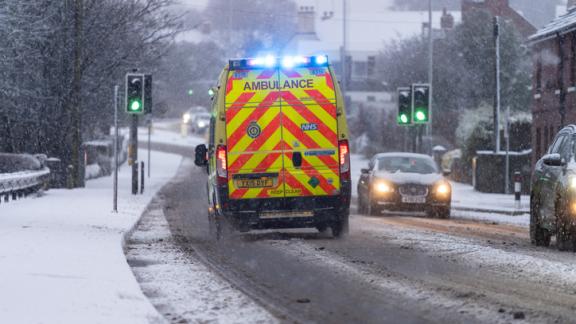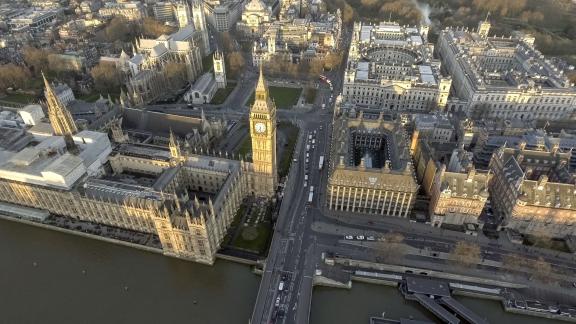Rising winter virus levels pile pressures on urgent and emergency care

- There were an average of 1,861 patients in hospital with flu each day last week, up 69% from 1,099 the previous week;
- An average of 1,015 adult beds were closed due to patients in hospital with diarrhoea and vomiting or norovirus-like symptoms last week, up 13% week-on-week from 901;
- On average, there were 162 paediatric beds closed due to patients in hospital with RSV last week, up from 149;
- There were 2.31 million attendances at A&Es across England in November, making it the busiest November on record;
- Some 35.8% of ambulance handover delays took longer than 30 minutes, this is up from 33.8% last year;
- Around 16.3% of handover delays were longer than an hour, up from 15.2% last year;
- The total waiting list for procedures and appointments fell to 7.54 million in October, down from 7.57 million in September.
Responding to the latest performance data and winter situation reports from NHS England Dr Layla McCay, director of policy at the NHS Confederation, said:
“The continued rise in flu, Norovirus and RSV shows that the pressure on urgent and emergency care services keeps on mounting. This comes after A&Es reported their busiest November ever, continuing the trend of record demand in emergency departments since the summer, while ambulance handover delays are worse than last year.
“NHS leaders and their teams are working incredibly hard to keep patients safe, including providing a record number of elective treatments and tests and checks in October. But with demand continuing to rise there is a real risk that the health service could soon reach crisis point.
“We welcome the government setting out that patient safety is a priority this year – it is good they have listened to our members highlighting the need to prioritise urgent and emergency care to manage winter pressures. But unless the government can improve capacity in social care, we are concerned that winters will continue to be extremely tough.
“The government must also be clear with the public about what the consequences of this decision are. Waiting lists have fallen slightly into October, but prioritising patient safety across the urgent and emergency care pathway may cause elective operations to be delayed or cancelled. This could lead to waiting lists going in the wrong direction and patients waiting longer for care.
“Winter is going to be very difficult, and we hope that the 10 year strategy will set out the wider reforms needed to reduce pressure on the NHS next winter and beyond. But if the NHS falls into crisis this winter it will be harder to pick up the pieces in the spring and start making headway on the government’s ambitions to improve performance and reform services.”



